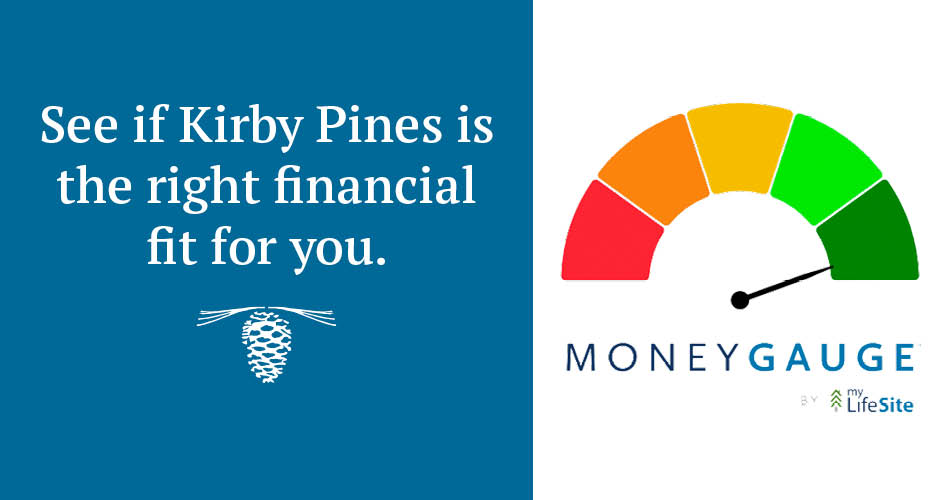
Mental Health & Mental Illness Defined
Mental Health: “A state of well-being in which the individual realizes his or her own abilities, can cope with the normal stresses of life, can work productively and fruitfully and is able to make a contribution to his or her community.”
Mental Illness: “Health conditions that are characterized by alterations in thinking, mood or behavior (or some combination thereof) associated with distress and/or dysfunction.”
Most Common Mental Health Issues
- Depression
- Anxiety
- Stress
How Poor Mental Health Affects Your Body
- Changes in your brain chemistry can also have a big effect on your body.
- Mental health issues contribute to a wide array of physical problems that affect everything from your heart to your immune system
- Changes in the brain have an effect on many of the body’s system; i.e. low levels of neurotransmitters such as serotonin can alter your pain threshold
- Mental health issues increase your risk of illness because of increasing levels of stress hormones such as cortisol and adrenaline
- Mental health issues can affect the immune system making it harder for the body to fight infection.

How Exercise Improves Mental Health
- Help reduce anxiety symptoms and improve mood
- Help keep anxiety from coming back once you’re feeling better
- Release feel-good brain chemicals (neurotransmitters, endorphins)
- Reduces immune system chemicals that can worsen depression
- Increase body temperature which may have calming effects
- Help you gain confidence
- Take your mind off of worries
- Get more social interaction
- Cope with anxiety/depression symptoms in a healthy way
How Much Exercise/What Types Are Best for Mental Health
- 30 minutes or more of exercise a day for 3-5 days a week—Even just 10-15 minutes at a time
- Do what type of exercise you like best: walking, NuStep, gardening, exercise bicycle, aerobics, yoga, etc.—Anything that gets you off the couch and moving is the exercise that can help improve your mood

Getting Started and Staying Motivated
- Identify what you like doing: find out what type of exercise you like doing and you will be more likely to do it
- Set reasonable goals: think realistically and set small goals in the beginning
- Don’t think of exercise as a chore: view your exercise time as your time to yourself
- Address your barriers: find out things that get in your way of exercising and find alternatives and ways around these barriers
- Prepare for setbacks and obstacles: give yourself credit for every step in the right direction. If you miss exercise one day, don’t be hard on yourself. Tomorrow is a new day
How Therapy Can Help
- Therapists can help you find the right exercise for you to manage physical and mental signs and symptoms
- Define an adequate and specialized program to fulfill your needs
- Help you perform exercise safely and correctly
- Help you improve your independence and quality of life





 © 2025 Kirby Pines LifeCare Community. All Rights Reserved |
© 2025 Kirby Pines LifeCare Community. All Rights Reserved | 